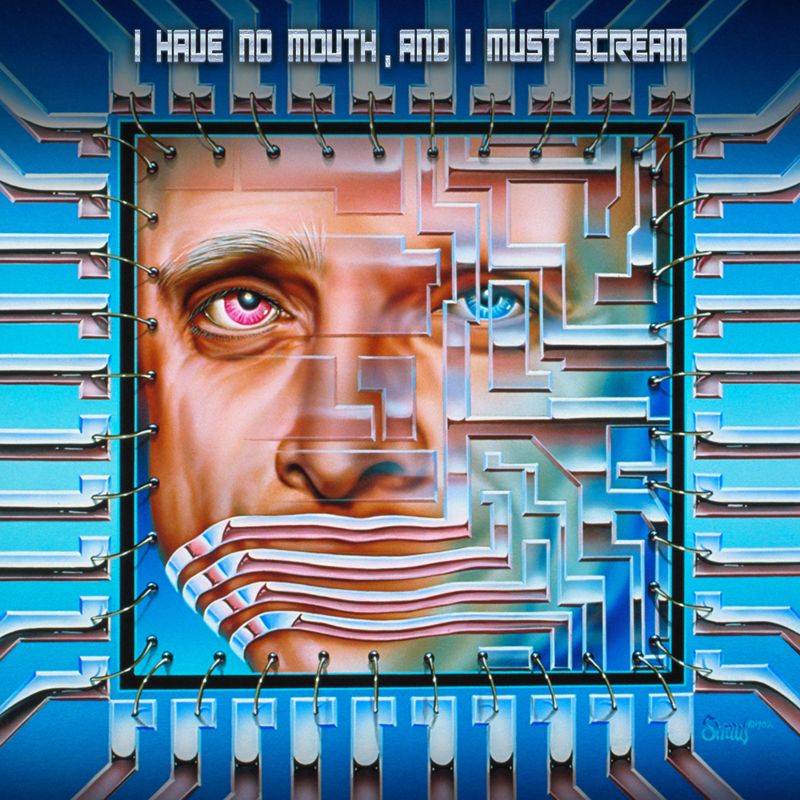The journal Nature published a paper by DeepMind today, describing their new iteration of AlphaGo, called AlphaGo Zero. Unlike the previous iterations, AlphaGo Zero was trained solely through the use of self-play, only being given the basic rules of the game. After only 3 days of training, Zero could easily defeat the version of AlphaGo that beat Lee Sedol - it won 100-0 in a series of test matches, and after 40 days beat their previous best version (called AlphaGo Master) 89-11. By their estimate, AlphaGo Zero has an ELO rating of over 5000, which is absolutely insane levels of gameplay (for reference, Lee Sedol has an estimated ELO of around 3500, and Ke Jie has an ELO of around 3660).
Here's a couple articles on the research:
- Gizmodo - ignore the clickbaity headline.
- DeepMind's own article on the research. They have a link to the actual paper, which is pretty interesting.
Replace me with a vastly superior AI if old.
Here's a couple articles on the research:
- Gizmodo - ignore the clickbaity headline.
- DeepMind's own article on the research. They have a link to the actual paper, which is pretty interesting.
Replace me with a vastly superior AI if old.


